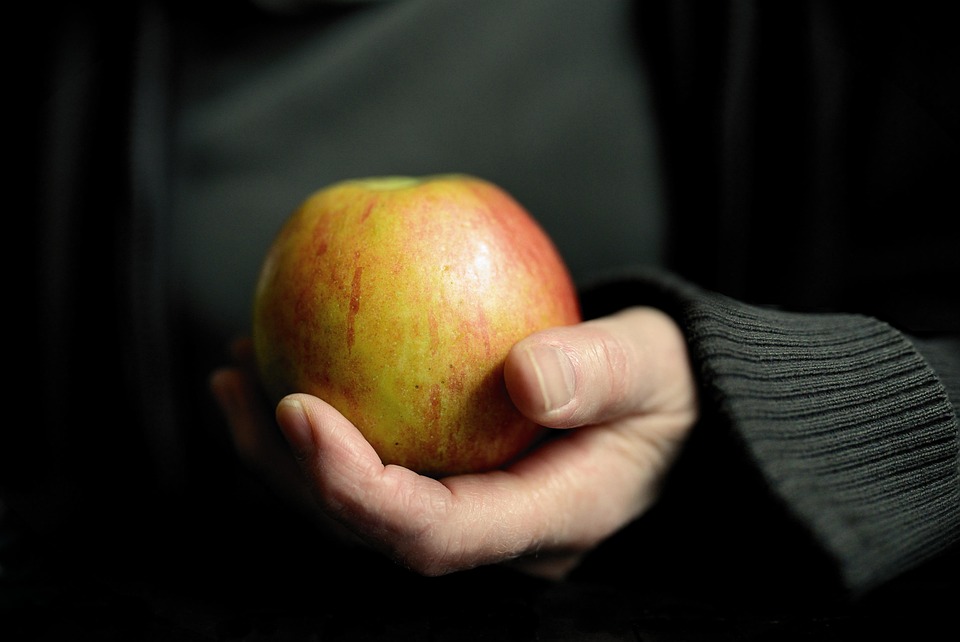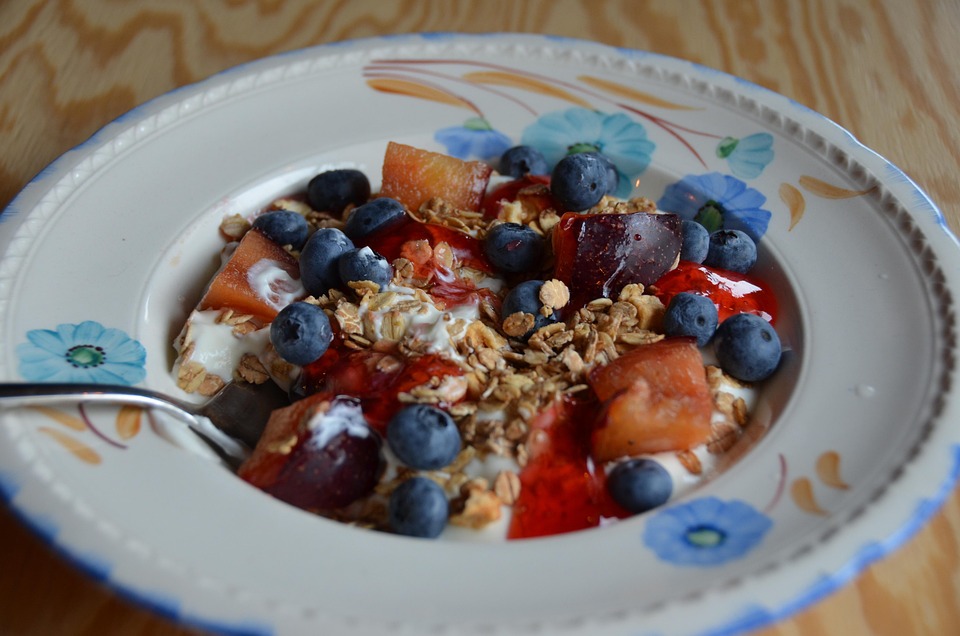Your basket is currently empty!
Achieving Optimal Health: The Ultimate Guide to a Balanced Diet

In the quest for optimal health, many of us find ourselves inundated with a cacophony of dietary advice, each claiming to hold the key to our wellbeing. Yet, amidst this clamor, one truth remains steadfast: a balanced diet is paramount. But what does that truly entail? Let’s embark on a journey through the intricate tapestry of nutrition, weaving in science, practicality, and a touch of British charm.
The Pillars of a Balanced Diet
-
Macronutrients: The Big Three
Carbohydrates, proteins, and fats — these macronutrients form the backbone of our diet. Each plays a unique role in our bodily functions. Carbohydrates, often vilified in fad diets, are our body’s primary energy source. Whole grains, fruits, and vegetables should take centre stage. Proteins, the building blocks of tissues, can be sourced from both animals and plants. And let’s not overlook fats; healthy fats like those found in avocados and nuts are crucial for brain health. The balance among these macronutrients can vary based on individual needs, but a general rule of thumb is to aim for a plate filled with colour and variety. -
Micronutrients: The Unsung Heroes
While we often focus on macronutrients, it’s the vitamins and minerals — the micronutrients — that play vital roles in maintaining our health. Iron, for instance, is essential for transporting oxygen in the blood, while vitamin C boosts our immune system. A diet rich in fruits and vegetables can ensure we’re not missing out on these essential nutrients. Have you ever wondered why the NHS recommends at least five portions of fruit and veg a day? This isn’t just a suggestion; it’s a scientific guideline designed to keep our bodies functioning optimally. -
Hydration: The Forgotten Element
Water is the unsung hero in the narrative of nutrition. Surprisingly, many overlook its importance until dehydration rears its ugly head. The common recommendation of eight glasses a day may vary depending on activity levels and climate, but the essence remains — staying hydrated is crucial for digestion, skin health, and cognitive function. Infusing water with fruits like lemon or cucumber can make this habit more enjoyable and palatable.
The Role of Moderation and Mindfulness
In a world filled with temptations, the concept of moderation is often overshadowed by extremes. It’s essential to understand that indulging in a piece of cake or a pint of beer does not equate to failure. Instead, it’s about balance — enjoying treats in moderation while ensuring the bulk of our diet is nutrient-dense. Mindful eating practices, such as savouring each bite and paying attention to hunger cues, can transform our relationship with food and lead to healthier choices.
Dietary Trends: A Double-Edged Sword
In recent years, various dietary trends have emerged, each with its advocates and detractors. From plant-based diets to intermittent fasting, the plethora of options can be overwhelming. It’s tempting to jump on the latest bandwagon, but a discerning approach is vital. Research suggests that while some diets can yield short-term benefits, sustainability is the real challenge. As the renowned nutritionist Dr. Marion Nestle once stated, “You can’t eat healthily if you don’t enjoy it.” Therefore, it’s essential to choose a lifestyle that aligns with your preferences and values.
The Bigger Picture: Lifestyle and Environment
Nutrition does not exist in a vacuum. It’s intertwined with our lifestyle choices, cultural backgrounds, and even our socioeconomic status. Access to nutritious foods can vary dramatically, leading to disparities in health outcomes. Advocating for food justice and supporting local farmers’ markets can contribute to a healthier community. The conversation around nutrition must also embrace mental health; stress and emotional wellbeing are inextricably linked to our dietary habits.
In the end, achieving optimal health through a balanced diet is a multifaceted endeavour. It’s not merely about counting calories or adhering to strict guidelines; it’s about cultivating a harmonious relationship with food that nourishes both body and mind.
As you navigate your journey towards a healthier lifestyle, remember that small, consistent changes can lead to profound results. Embrace the adventure of discovering new foods, flavours, and recipes while keeping the principles of balance and moderation close to your heart.
For those eager to explore more about the best deals and selections available to support your health journey, BargainsTrust continues to bring you a plethora of curated information on quality products. Happy eating!
Related Blogs
-

Unlocking the Benefits of a High-Protein Diet: Boost Your Health and Fitness
-

Transform Your Evenings: The Ultimate Guide to an Effective Evening Routine for Better Sleep and Productivity
-

The Transformative Power of Gratitude: Enhancing Mental Health and Wellbeing
-

Unlocking the Benefits of a Low-Carb Diet: Your Ultimate Guide to Healthy Living
